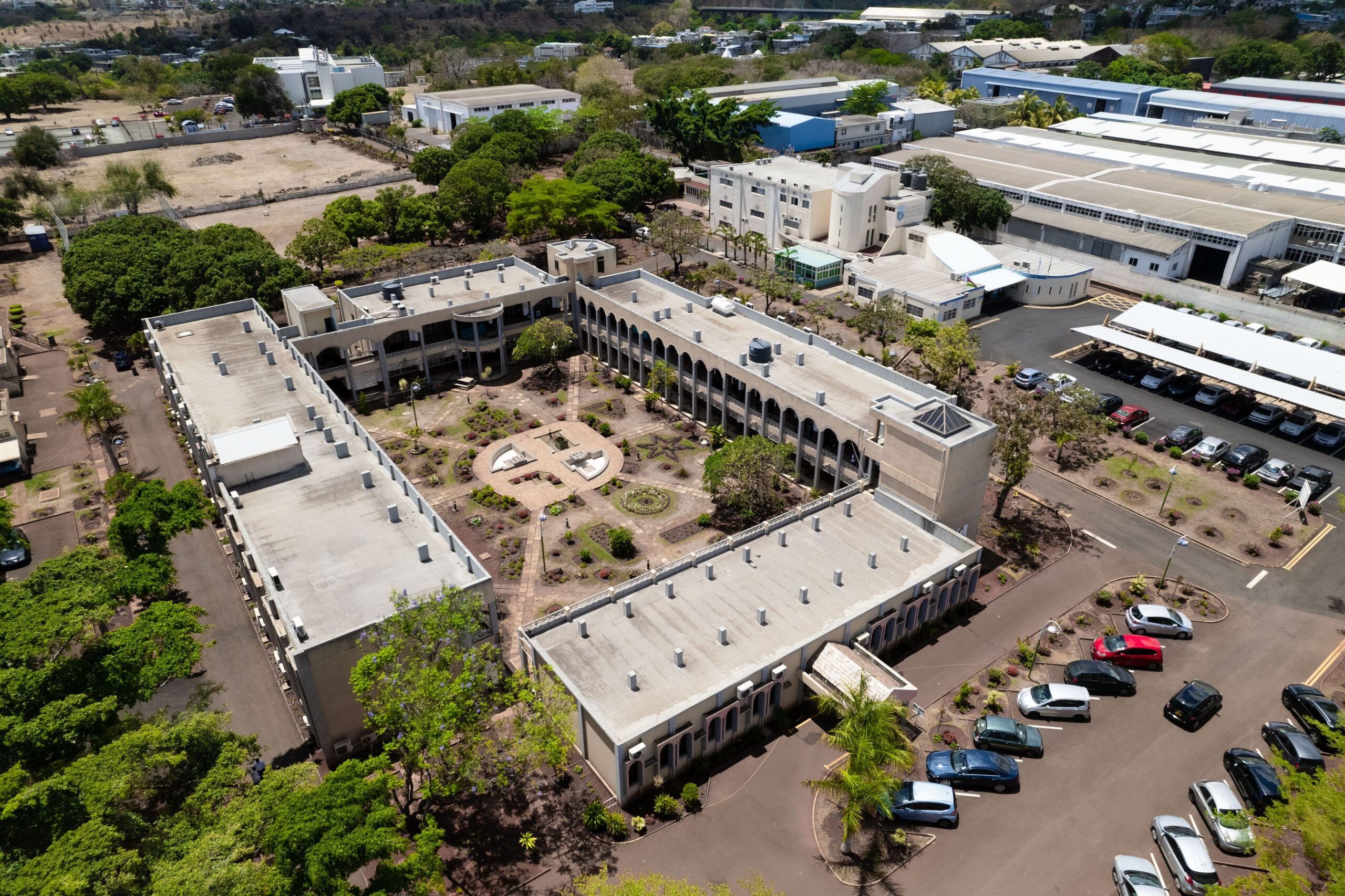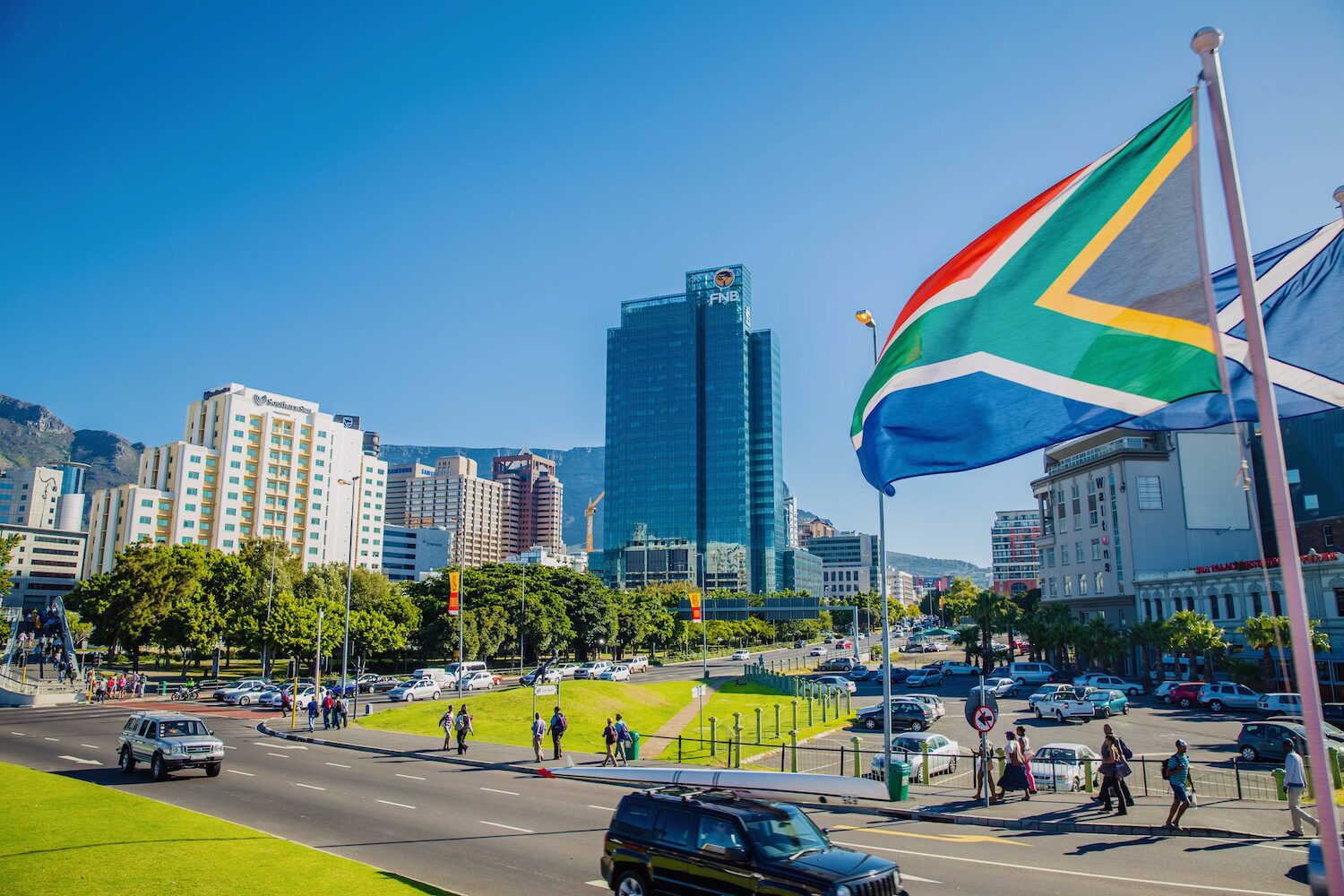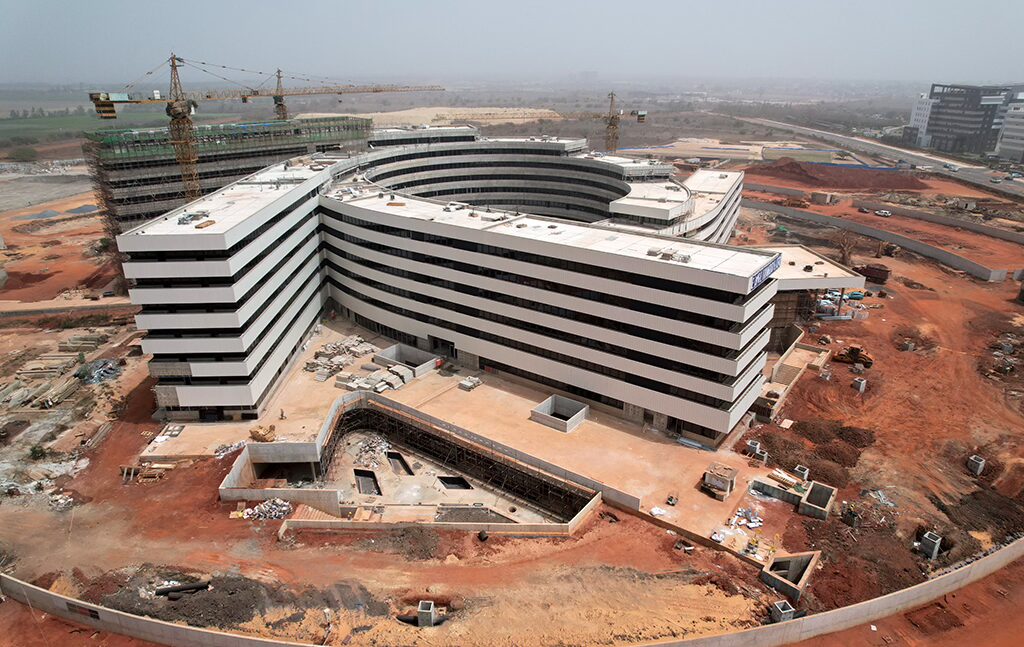The latest global ranking places Mauritius, Morocco, and South Africa as the top African countries demonstrating the most innovation.
innovation in africa: a driver of development and a geopolitical lever
The latest ranking from the World Intellectual Property Organization (WIPO) on innovation highlights a crucial aspect of African development. Among the 133 countries assessed, ten African nations stand out, with Mauritius, Morocco, and South Africa leading the way. This ranking not only illustrates the disparities in innovation across the continent but also the untapped potential of Africa in this field, sitting at the crossroads of geopolitical, economic, and cultural challenges.
Mauritius: the undisputed leader of innovative africa

In 2024, Mauritius ranked 55th globally, reaffirming its position as Africa’s innovation leader. With a score of 30.6, this small island nation proves that geographic size does not limit economic and technological performance. Mauritius has diversified its economy, invested in quality education, and created a business-friendly environment for technology companies and startups. This model is built on stable governance and attractive tax policies that draw foreign investment.
But Mauritius is not just a tax haven. It positions itself as a strategic platform between Africa, Asia, and Europe, leveraging sectors like fintech, biotechnology, and renewable energy.
Morocco and south africa: regional powerhouses

Ranked second in Africa and 66th globally, Morocco continues to strengthen its role as a technological and industrial hub in North Africa. Rabat has made significant investments in digital infrastructure and renewable energy development, notably through projects like Noor Ouarzazate, the world’s largest solar complex. This dynamism demonstrates Morocco’s ability to merge innovation with energy transition to boost its regional economic influence.
South Africa, ranked third in Africa, remains a key player in sub-Saharan Africa. With a score of 28.3, it maintains its edge thanks to a robust tech sector and prestigious academic institutions. However, social inequalities and corruption pose significant barriers to more inclusive growth.
Unexpected leaders: Senegal and Cape Verde

Senegal (8th in Africa) and Cape Verde (7th) stand out as emerging nations on the innovation scene. Senegal focuses on initiatives such as the Diamniadio technology park and investments in STEM education (science, technology, engineering, and mathematics). Meanwhile, Cape Verde, despite limited resources, capitalizes on its geographic position to attract businesses focused on clean energy and marine technologies.
Structural challenges of african innovation
Despite these successes, the WIPO ranking also reveals the limitations Africa faces in innovation. Insufficient infrastructure, lack of funding for research and development (R&D), and low enrollment rates in technical fields hinder the continent’s potential.
Additionally, brain drain remains a major issue. Many talented Africans choose to emigrate to countries offering better job opportunities and research infrastructure. This outflow deprives the continent of valuable human resources needed to accelerate technological development.
An underutilized geopolitical lever
Innovation is not limited to the economic sphere. It is also a significant geopolitical lever. African countries investing in strategic technologies like renewable energy, fintech, and biotechnology can enhance their influence on the global stage. For instance, Tunisia (4th in Africa) leverages its technological potential to strengthen trade ties with Europe and Gulf countries.
In this context, South-South partnerships, such as those between Morocco and West Africa, are emerging as promising solutions for sharing resources and expertise in innovation.
African innovation in the era of climate change
Climate change exacerbates Africa’s structural challenges but also creates opportunities for innovation. African countries can leverage their exposure to climate challenges to develop tailored technologies, such as smart agriculture and sustainable water management.
Local initiatives, such as using drones to monitor crops in East Africa or desalination technologies in Cape Verde, demonstrate that innovation can address the continent’s specific needs while strengthening its resilience.
Building momentum
The 2024 WIPO ranking shows that Africa has pockets of success in innovation but must overcome significant challenges to realize its full potential. By investing in education, promoting digital inclusion, and creating legislative frameworks conducive to innovation, African countries can transform their potential into reality.
The road ahead is long, but nations like Mauritius and Morocco prove that innovation can become a central pillar of African development. If the continent successfully combines its dynamic youth, natural resources, and strategic vision, it could emerge as a global innovation powerhouse in the 21st century.
Notes and references
WIPO report – Global Innovation Index 2024
This annual ranking is published by the World Intellectual Property Organization (WIPO). It evaluates 133 economies based on criteria such as infrastructure, creativity, and innovation outputs.
➡️ WIPO official website
World Bank: Innovation as a driver of growth in Africa
An analysis of investments in R&D, education, and the impact of innovation on economic growth.
➡️ World Bank – Innovation in Africa
Mauritius: a resilient and innovative economy
Studies on Mauritius’s economic diversification focusing on fintech, biotechnology, and renewable energy.
➡️ OECD economic report on Mauritius
Morocco: energy transition and innovation
Morocco leads in Africa through projects like Noor Ouarzazate (solar complex) and its investments in startups.
➡️ Moroccan Agency for Solar Energy
South Africa: innovation and inequalities
The country combines a dynamic tech sector with significant social and economic challenges.
➡️ The Africa Report – Economic and tech insights
Senegal: Diamniadio and the Emerging Senegal Plan
The Diamniadio technology park and efforts to strengthen STEM education illustrate Senegal’s innovation ambitions.
➡️ Senegal Government – Emerging Senegal Plan
Cape Verde: an example of innovation in a small island state
Cape Verde uses its geography and limited resources to develop clean energy and marine technology.
➡️ UNCTAD report
Climate change and innovation
African climate innovations, such as smart agriculture solutions and desalination technologies, showcase the continent’s adaptability to climate challenges.
➡️ IPCC report
Brain drain in Africa
Reports by the African Union and UNESCO on African talent migration and its impact on local innovation.
➡️ UNESCO – Brain Drain
Structural challenges of innovation in Africa
Analysis by the United Nations Economic Commission for Africa (ECA) on infrastructure and R&D funding in Africa.
➡️ ECA – Innovation in Africa
African startups and venture capital
Annual study by Partech Africa on investments in African startups.
➡️ Partech Africa – Reports
African Union: innovation strategy
The African Union’s Agenda 2063 includes a framework for innovation development across the continent.
➡️ African Union official website
Regional rankings and international comparison
Comparing African performance with other regions in the Global Innovation Index.
➡️ Global Innovation Index full report
South-South cooperation initiatives
Studies on regional partnerships and technology exchanges between African countries (e.g., Morocco-Senegal).
➡️ African Development Bank – Publications
Academic publications
- Innovation in Africa: Challenges and Opportunities by Calestous Juma.
- The Rise of African Tech Ecosystems by Benjamin Manirakiza.
